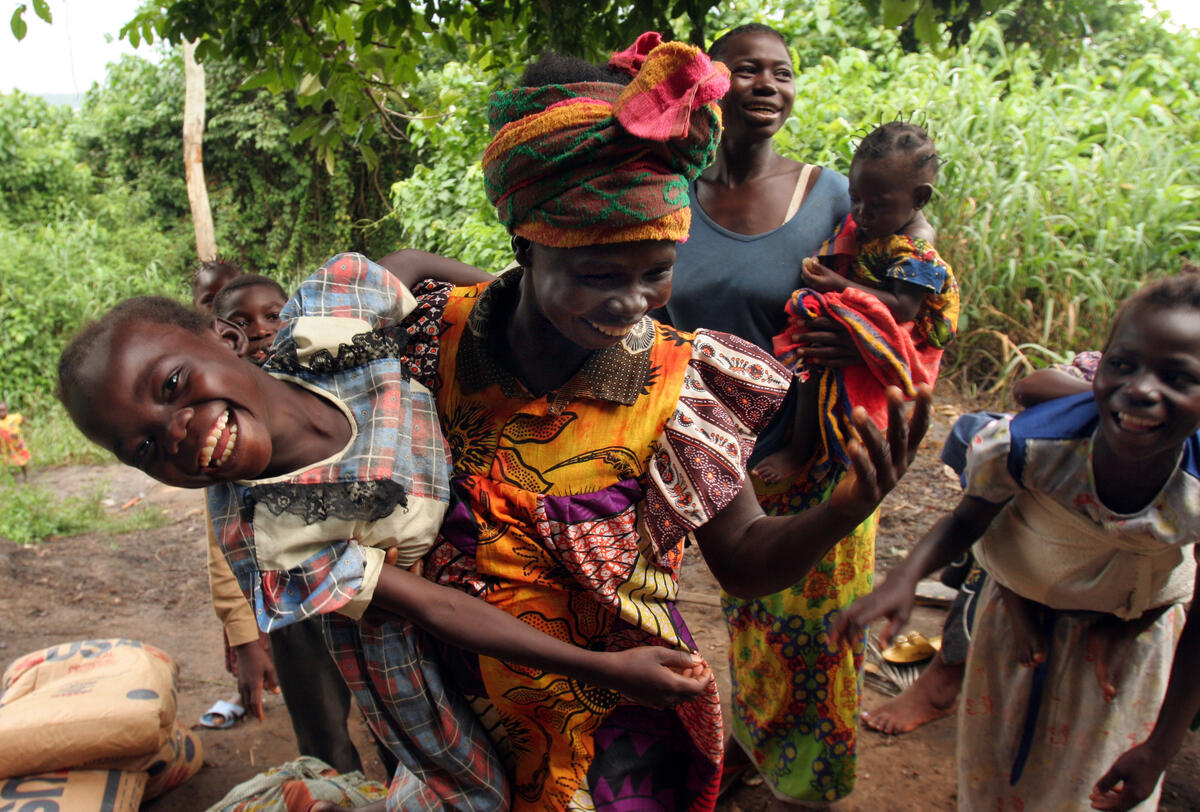
My last visit to the Democratic Republic of Congo was in 2008. A return visit is a chance to see what has changed, and what hasn’t. This huge, haunting, beautiful, deeply complex country with extraordinarily vibrant people — and a very violent recent past — is one of the most testing places for humanitarian action.
Congo is the International Rescue Committee’s largest programme in Africa, with 900 staff in diverse locations, delivering services to displaced people and host communities, for good reason. The waves of violence that have consumed the country for twenty years have left many millions dead and larger numbers destitute.
The challenges are obviously immense. The continued presence of armed groups, and as a result of the longest standing UN force. One million displaced people in North Kivu, 600,000 displaced in South Kivu. National Income of £11 billion — but (unequally) spread amongst 75 million people. Huge poverty alongside great mineral wealth. National problems, and problems with neighbours.
Yet there is a lot of talk of a new phase or new opportunity in Congo’s history. I got a sense of that here. No one is claiming a transformation of daily reality after the military endeavours by UN and Congo forces to push back the so-called “M23” rebels. After all there remain many other armed groups with power to terrorise the local population. And there is a lot of debate about where the rebels are, whether they have really “gone.” But there is a chance to change that daily reality, if stability can be consolidated and the abuse of armed power held in check.
The humanitarian imperative is focused on this daily reality. I saw things to make me hopeful. Rows of children determined to learn. (One told me he wanted to become president of IRC). People on the plane into Kinshasa telling me that they wanted to return home to contribute to their country. IRC staff members working their way up through the organisation, attaining positions of responsibility and fulfilling them with intelligence and skill. No one who visits the Congo can fail to notice the potential, dignity and drive of the people.
But no one who visits can fail to notice the sadness too. The women I met in a camp for displaced people in eastern Congo did not hide their misery. The women trekking 35 kms (22 miles) to give birth talked of babies they had lost, of conditions they despised. And the women who had formed a cooperative to help each tackle violence and build economic life – making soap and farming beans – also admitted that they could never foresee the day when their husbands would take on the task of carrying water and firewood to their homes.
These snippets explain IRC’s mission here. I was proud to see the difference we are making, and of course want to see us do more.